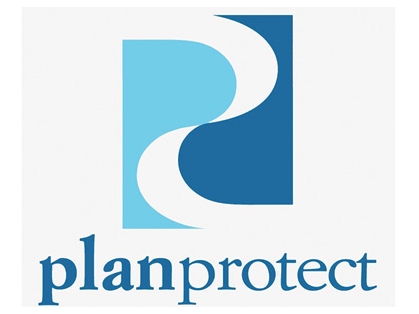Plan Protect
205/14 Rodborough Rd, Frenchs Forest, NSW, 2086


Ask Janne: What should I be doing at the end of the Financial Year
Hi Janne,
As we approach the end of the financial year I am wondering whether there is anything I should be doing. I am working, have two investment properties (one of which is for sale) and have just turned 62.
Regards,
Steve, Avalon.
Hi Steve,
As I don’t know your personal situation, I cannot give advice, so below is a checklist which may be of use.
In your case, it is important to obtain professional advice before the end of the financial year, particularly if you exchange contracts on the property prior to July 1.
Here are some things you need to look at prior to the end of the financial year:
- Capital Gain: if you make a capital gain on the sale of the property, you may be able to look at strategies to reduce your capital gain. Please note that the capital gain is assessed from the date of the contract, not from the date that you receive the proceeds. Therefore, if you exchange contracts on June 1 and settle in July 15, the gain is assessed in this financial year as that is when the contract was signed. I shall make some comments below about possible strategies to reduce capital gains tax (CGT).
- Insurance: some personal and general insurances may be tax deductible. Insurance on investment property may be tax deductible if you are receiving assessable income (normally rent). Income protection is always tax deductible. Life cover and Total and Permanent Disability Insurance may be tax deductible. You will need to check with your financial planner to see if this is the case for you.
- Loans: interest on loans for investment properties (that are producing assessable income) may be tax deductible. If the properties are held in your personal name, you may be able to pre-pay interest in this financial year, for next financial year. This is only a good strategy if you have a particularly high income in one year that is unlikely to be repeated in the next year, e.g. if you make a capital gain.
- Expenses: any deductible expenses not listed above e.g. repairs on the other property, which can be paid in this financial year can reduce your taxable income.
If you exchange contracts on your investment property prior to the end of the financial year, and you make a significant capital gain on the sale of the property the above points all need to be looked at if you wish to reduce the amount of tax that you pay on the capital gain.
If you have held the property for longer than a year and it is personally owned (not owned by a Pty Ltd company) half the gain will be added to your taxable income. If it is held jointly (say husband and wife) 25 per cent of the gain will be added to the taxable income of each of you.
It is then important for you to be advised as to how you may be able to use the above points to legally minimise the tax that you need to pay.





